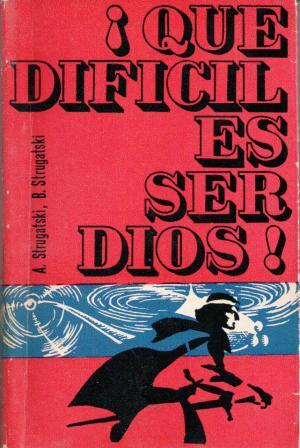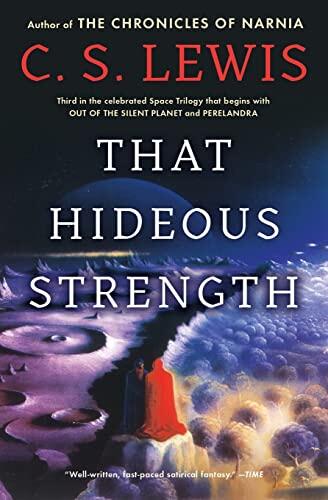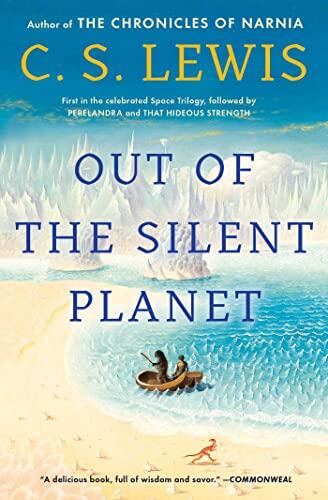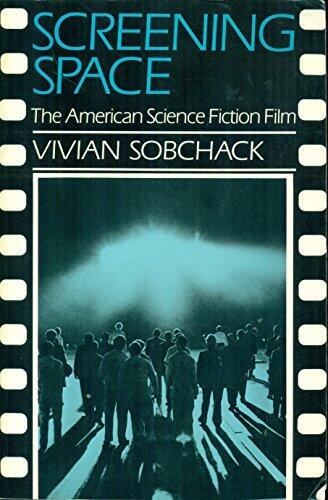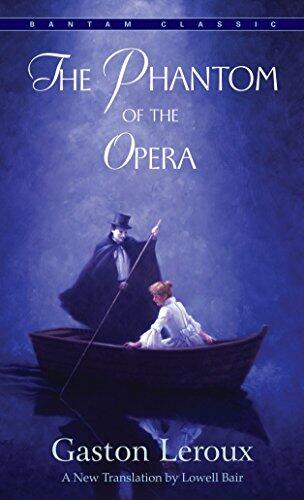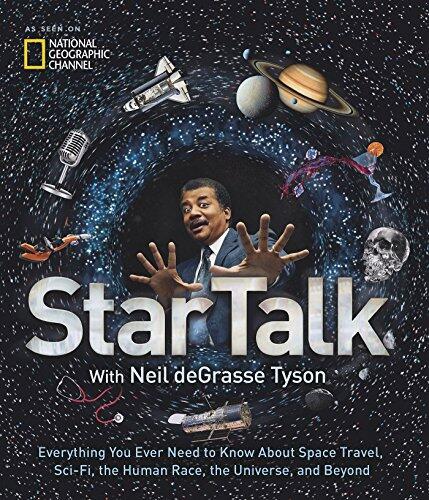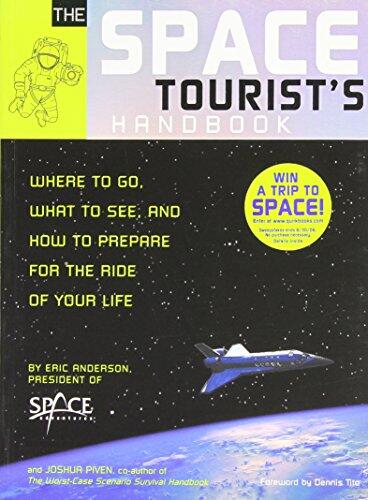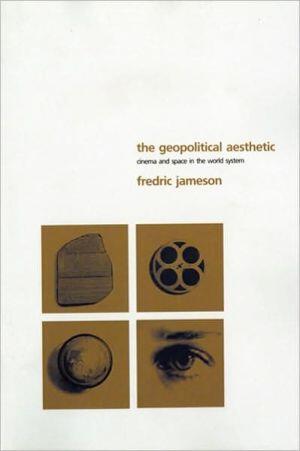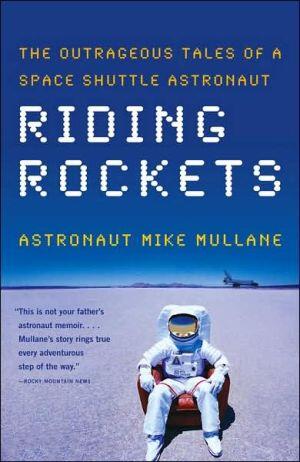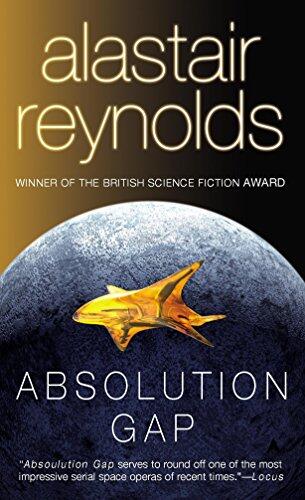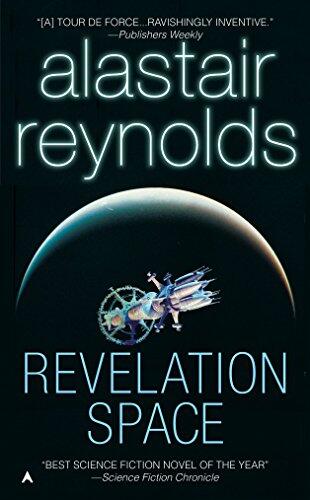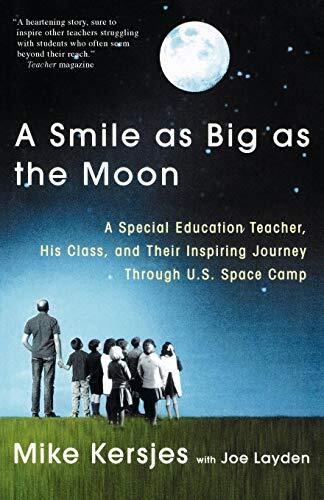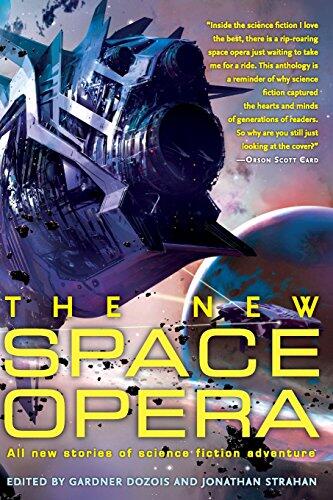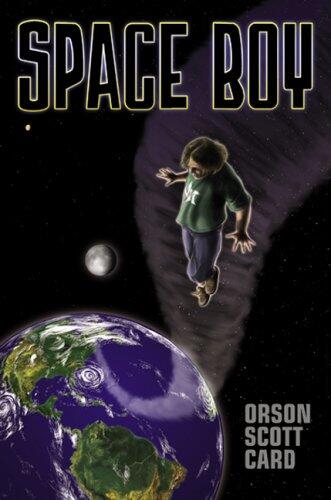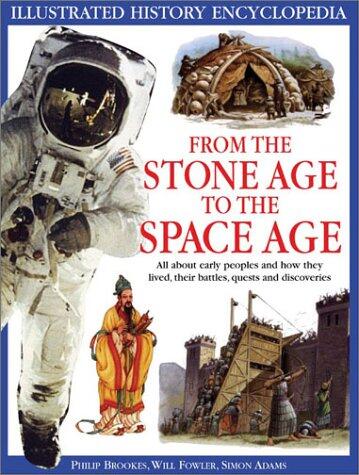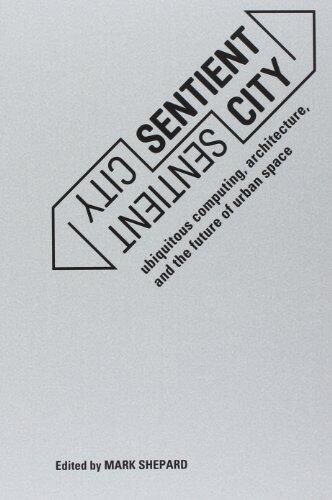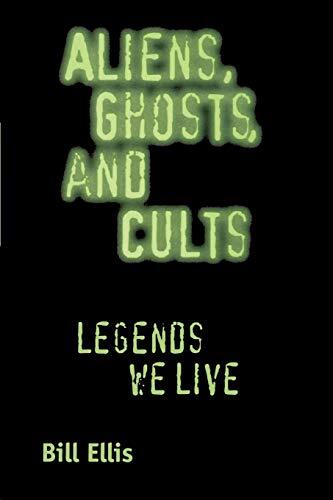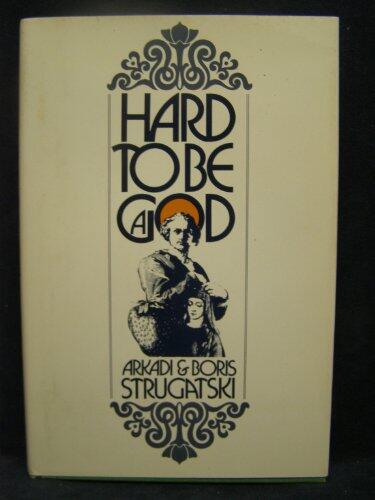
Hard to be a God
还没有评分
Science Fiction
Religion & Spirituality
格式
精装书
页数
219
语言
英语
已发布
Jan 1, 1973
出版商
Seabury Press
版本
First American Edition
ISBN-10
0816491216
ISBN-13
9780816491216
描述
Anton, a covert operative from a technologically advanced Earth, is dispatched to a distant planet where civilization is still entrenched in feudalism and ignorance. His mission is to observe, engage subtly, and understand a society that is strikingly reminiscent of Earth's past, while carefully maintaining his true identity. This challenge weighs heavily on him as he wrestles with the moral dilemmas posed by his higher mission objectives and the chaotic realities of life on this strange world.
As Anton navigates the complexities of this backward society, he becomes increasingly embroiled in local conflicts and power struggles. The vivid portrayal of the planet’s inhabitants, with their brutal customs and antiquated beliefs, creates a stark contrast against Anton’s advanced knowledge and ethical insight. It is easy to empathize with the plight of the people, yet he must remain detached—an observer rather than a savior.
Conflict arises as Anton's dual existence threatens to unravel. Torn between his duty to observe and the very human connections he forms, he grapples with the necessity of remaining hidden while the fate of an entire world hangs in the balance. The lasting question remains: what does it truly mean to be human in a society that has yet to awaken from its dark age?
With its rich themes of morality, power, and the complexities of intervention, this story grips the reader and invites them to ponder the implications of insights gained from a more enlightened perspective. In a world where knowledge can be a weapon, and ignorance can be bliss, Anton's journey forces a reckoning with the dynamics of change and the responsibility that comes with it.
As Anton navigates the complexities of this backward society, he becomes increasingly embroiled in local conflicts and power struggles. The vivid portrayal of the planet’s inhabitants, with their brutal customs and antiquated beliefs, creates a stark contrast against Anton’s advanced knowledge and ethical insight. It is easy to empathize with the plight of the people, yet he must remain detached—an observer rather than a savior.
Conflict arises as Anton's dual existence threatens to unravel. Torn between his duty to observe and the very human connections he forms, he grapples with the necessity of remaining hidden while the fate of an entire world hangs in the balance. The lasting question remains: what does it truly mean to be human in a society that has yet to awaken from its dark age?
With its rich themes of morality, power, and the complexities of intervention, this story grips the reader and invites them to ponder the implications of insights gained from a more enlightened perspective. In a world where knowledge can be a weapon, and ignorance can be bliss, Anton's journey forces a reckoning with the dynamics of change and the responsibility that comes with it.
